 Composting worms make a dark, rich organic fertilizer that gardeners love. Getting the garden ready for spring planting means building soil fertility and loosening the soil. These instructions will teach you how to efficiently dig worm castings into the garden. You can start a few weeks before planting time.
Composting worms make a dark, rich organic fertilizer that gardeners love. Getting the garden ready for spring planting means building soil fertility and loosening the soil. These instructions will teach you how to efficiently dig worm castings into the garden. You can start a few weeks before planting time.
Start with Worm Casting Fertilizer
If you do not have a ready supply of worm casings, you can order finished compost from Uncle Jim’s Worm Farm. These packets contain worm castings made directly on the farm.
If spring is at least a few months away, you can start a worm bin. Red Worms are excellent for making all-natural fertilizer. Buy or DIY a worm bin — Uncle Jim’s Worm Farm has specialty composting bins that can be used indoors or out. Order Red Worms from Uncle Jim’s Worm Farm. Follow the instructions for setting up your worm bin. Then, feed them your kitchen and gardening scraps. In a few months, you will find dark, crumbly matter in the bin. These are worm castings (worm poop). The worms eat scraps and break them down quickly. This method is faster and cooler than traditional composting.
You will need to harvest the worm castings. For small quantities, digging around in the worm bin will yield a cup or two easily. Best to leave the worms, sticks, and undigested scraps in the bin. For larger quantities, you can choose one of these methods:
- Build a screen. Shake the worm bin contents over a container. The worms and debris will stay on top of the screen, while the compost falls through. This also nicely aerates the compost and breaks it down into small pieces. Screened compost is perfect for digging into the garden. OR
- Separate the compost manually – see our article. OR
- Separate the compost from the worms using small piles, light, or food. We describe this method in our compost harvesting article.
A few stray worms in your finished compost will not do any harm. Red worms are most likely to survive in manure and rotting vegetation than in soil. European Night Crawlers (Super Reds) are better suited for releasing into the garden.
Build Fertility A Few Weeks Before Planting
The finished compost you harvest may not be enough for a large garden. If you need to stretch your worm castings, mix them with grass clippings or organic fertilizer.
A few weeks before planting, put at least 1/2 inch of compost on the top of the soil. Ideally, add 1 inch of organic compost. This will start adding nutrients. It will also help the soil handle water in the future.
Dig to Loosen Up the Soil
Weather and time compact the soil. The plants need loose soil to grow roots and push up easily. When the earth is dry, use a broad fork or other tool to loosen up the soil. Break up clumps and remove rocks.
Apply Enough Compost
Unlike chemical fertilizers, you cannot really over-do organic fertilizer. No need to waste it either.
- Light feeders with shallow roots, such as lettuce, need a little compost raked into the top few inches of soil.
- Broccoli, cabbage, tomatoes, and other heavy feeders need organic compost and organic fertilizer. Place the fertilizer directly in the planting hole while planting.
- Corn and other nutrient-hungry plants need a layer of compost under them. Dig a trench and add compost. Move soil on top of the compost. Plant the seeds into the soil. The roots will reach down into the compost.
Organic gardens need plenty of organic nutrients. Composting worms are happy to oblige. Just give them a dark home and feed them kitchen scraps. After a while, the worms will manufacture the best fertilizer for your garden. Happy planting!
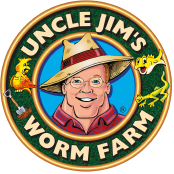

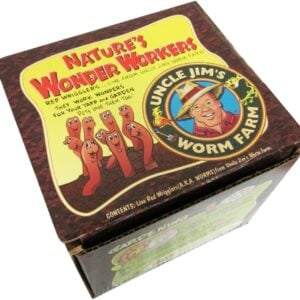
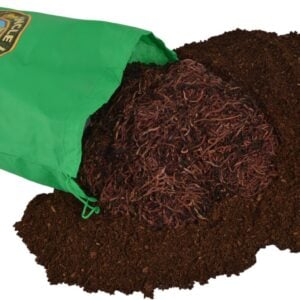
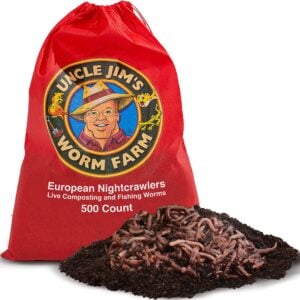
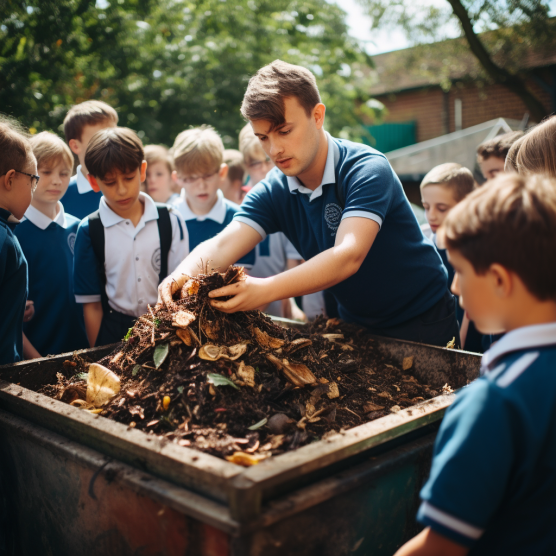
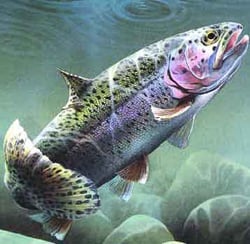

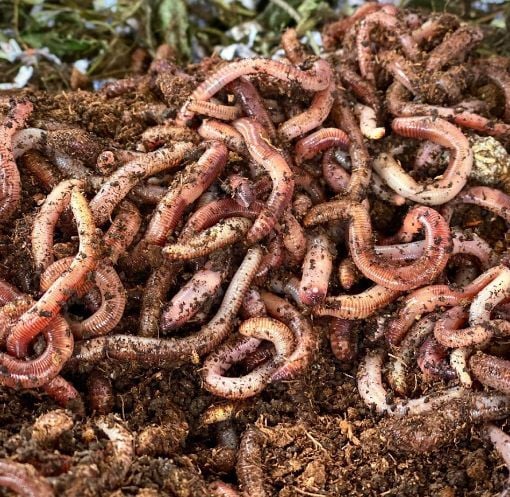
5 thoughts on “How to Add Compost to Your Spring Garden”
Uncle Jim,
I bought your composting worms last spring and got my can-o-worm system going again. For the first time, my worms survived a harsh winter in South Dakota. I did have the set-up in the garage, but I was amazed and pleased to find them at work when I moved it to the protected back patio.
Thank you so much for the great product.
Happy Composting!
I have a geodome greenhouse. I was wondering if it would be a good idea to put super red’s in the beds? How would I feed them with the plants growing in the beds? Sprinkle corm meal on the soil?
What would be the drawbacks?
Hi, I live in ND its cold, have an older house with a basement. can you give me some training and ideas about raising them so , I could start selling them. Will retire 28 July this year. How do you stop diseases inside bins in the basement, how often do u clean them. And what do u look for as far as diseases go? ECT?
Please add Puerto Rico to your states list, so I can order more worms. I have ordered them before and received them OK but I have tryed to reorder and I can not. Please help.
Renewic Business Solutions Provides top class Composting Machines which convert all your waste to compost in just 20 hours.